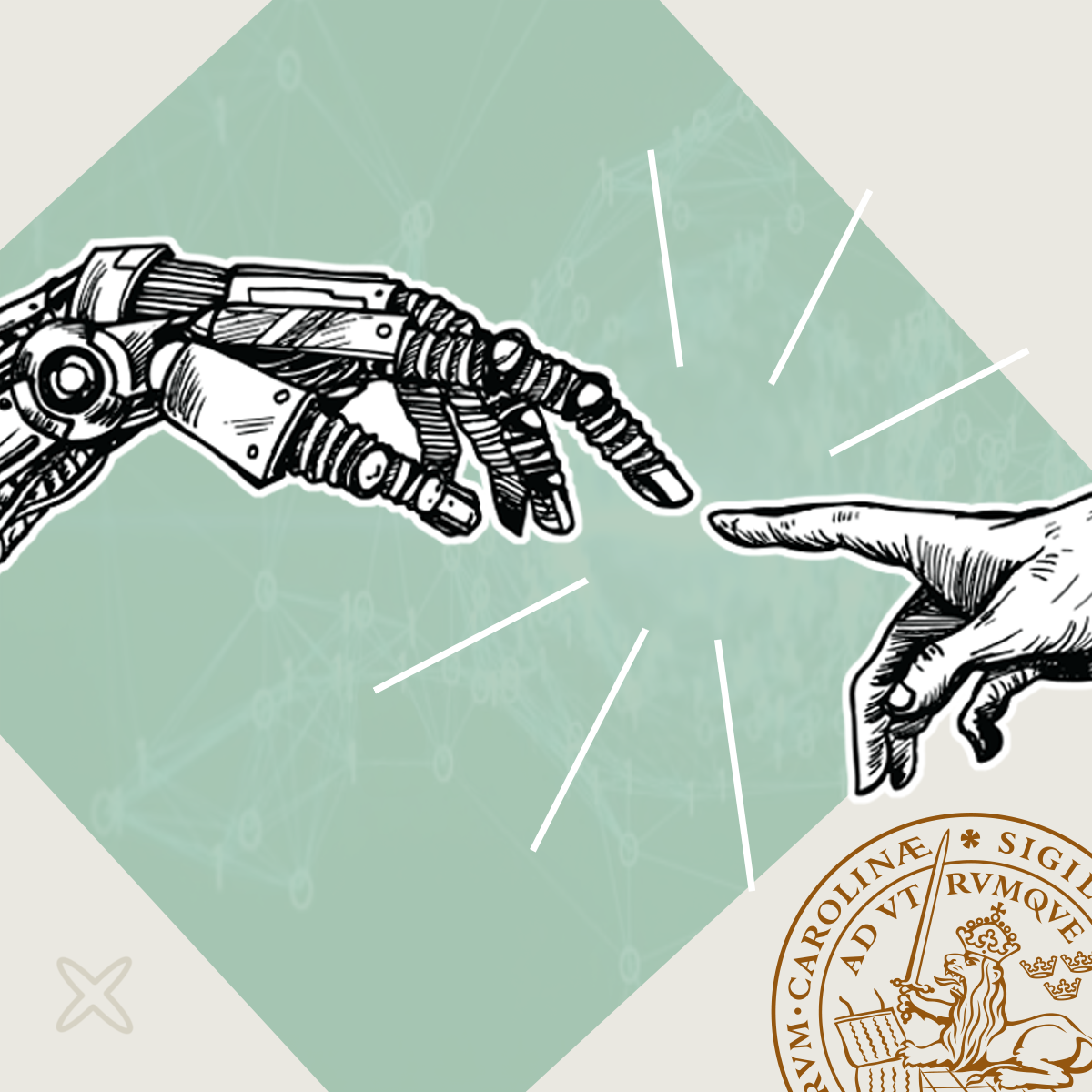Back to Courses









Business Strategy Courses - Page 7
Showing results 61-70 of 543

Collaborate on Files in Slack: Local & Google Drive Integrations
By the end of this project, you will maximize collaborations by supporting messages with files and creating files in Slack. You’ll do this by gaining hands-on experience sharing files in Slack with local and external integrations. Utilizing local and external or cloud-based integrations boosts productivity because it will give you the opportunity to keep work product based in your Slack digital workspace, avoid versioning confusion, and ensure that your team is referring to the most relevant and timely documents. For the purpose of this course, we will use the free to use, Google Drive external integration. Your hands-on project will include drag, drop, and upload techniques and creating an archive. You will also integrate cloud-based/outside service files within your Slack environment by adding the free Google Drive app to your Slack workspace. You will then gain experience leveraging your Google Drive tool and your Slack file archive together to maximize collaborations.
You will work through this guided project in the Slack app on your Rhyme virtual machine, where you will use your current Slack workspace or set up a sample workspace under Slack’s free plan so that you can gain hands-on experience collaborating with files in Slack with local and external integrations.
Note: This course works best for learners who are based in the North America region. We’re currently working on providing the same experience in other regions.

Excel Time Series Models for Business Forecasting
This course explores different time series business forecasting methods. The course covers a variety of business forecasting methods for different types of components present in time series data — level, trending, and seasonal. We will learn about the theoretical methods and apply these methods to business data using Microsoft Excel. These forecasting methods will be programmed into Microsoft Excel, displayed graphically, and we will optimise these models to produce accurate forecasts. We will compare different models and their forecasts to decide which model best suits our business' needs.

Introduction to Intellectual Property
Intellectual property is the currency of the tech world, with the world’s most valuable intellectual property assets dwarfing the value of their real-world counterparts. Apple’ trademarked brand was valued at over $100 billion as of 2017. J.K. Rowling’s Harry potter franchise has generated over $25 billion to date. But how did the law come to create such enormous value in intangible assets?
This course will introduce the various types of U.S. intellectual property: patents, which cover inventions and process innovations; copyright, which protects original works of authorship; and trademarks, which protect a business’ commercial identity as the source of valuable goods and services. You will then explore case studies of how global businesses have used intellectual property law to generate enormous value from these intangible assets.

Negotiation Skills and Effective Communication
We start making negotiations as soon as our day begins, through all our interactions, either work, social, or family-related. But have you ever wondered how efficiently you negotiate, and whether you could be better at it? This is a straightforward opportunity to put into practice all the knowledge you have acquired, and to confirm that the negotiation process is dynamic and can always be improved.
The course integrates the most recent advances in the development of negotiation skills, based on modern life complexities, in a simple and direct way.
We start out with the structure of effective communication in a negotiation, with the intention of identifying our opportunity areas, and improving them through active learning mechanisms.
And what can we say about the role emotions play in a negotiation process? It is necessary to acknowledge , manage, and take advantage of them by using emotional intelligence mechanisms.
Negotiation, by definition, implies the relationship between two or more parties who eventually express opposing interests and demand skills for problem-solving. In this course you will learn to identify and manage its irreversible consequences in advance.

Create a Business Model Canvas in Miro
By the end of this project, you will be able to align business priorities in a concise visualization.
To do this, you will gain hands-on experience creating a business model canvas in the Miro online visual collaboration platform for teamwork.
Note: This course works best for learners who are based in the North America region. We’re currently working on providing the same experience in other regions.

Effective Communication for Today’s Leader
Interpersonal communication is one of the most important management skills: everyday we relate with our bosses, collaborators, customers and colleagues.
Being a good communicator is synonym to being a good leader.
Interpersonal and group communication helps us to create better business environments, and therefore, to have better results.

Adapt your leadership style
Why are organisational misbehaviours such as cynicism, apathy, bullying and disengagement increasingly prevalent in the workplace? This course examines these tensions and how transformational, authentic and inclusive leadership styles offer an alternative to the more autocratic, job-centred and controlling leadership styles of the past. You’ll learn how the digital revolution, along with an increased focus on projects and teamwork, has dramatically altered the perception of leadership in a way that now demands all organisational members take on some form of self-leadership. And you’ll learn how this change is causing tensions between traditional leaders and the contemporary practices vital to maintain agility in today’s ultra-competitive marketplace. This learning will be complemented by structured activities such as video lectures, quizzes, discussion prompts and written assessments.

Judgmental Business Forecasting in Excel
In this course, we extend your business forecasting expertise from the first two courses of our Business Forecasting Specialisation on Time Series Models and Regression Models. We will explore the role of judgmental forecasting, when more quantitative forecasting methods have limitations, and we need to generate further business insights. We will be exploring some structured methodologies to create judgmental business forecasts using Business Indicators, Subjective Assessment Methods, and Exploratory Methods. For each of these methods, we will look at how we can use Excel to help us in achieving these judgmental forecasts and how Excel can help us visualising our forecast findings. Being judgmental forecasting methods, we will also look at the role of biases in Business Forecasting,

How to Set up Facebook Pixel
Facebook Pixel allows you to connect your website or landing page to your Facebook account. You can take specific pages or actions that people take on your page to create new ads for those people. You can also optimize your ads for conversions based on the settings you provide. In this project you will set up your Facebook Pixel account and learn about the benefits.

AI, Business & the Future of Work
This course from Lunds university will help you understand and use AI so that you can transform your organisation to be more efficient, more sustainable and thus innovative.
The lives of people all over the world are increasingly enhanced and shaped by artificial intelligence. To organisations there are tremendous opportunities, but also risks, so where do you start to plan for AI, business and the future of work?
Whether you are in the public or private sector, in a large organisation or a small shop, AI has a growing impact on your business. Most organisations don’t have a strategy in place for how to make AI work for them.
The teacher, Anamaria Dutceac Segesten, will guide you through the topics with short lectures, interviews and interactive exercises meant to get you thinking about your own context.
12 industry professionals, AI experts and thought leaders from different industries have been interviewed and will complement the short lectures to give you a broad overview of perspectives on the topics. You will meet:
Kerstin Enflo
Professor in Economic History
Lund University
Dr. Irene Ek
Founder
Digital Institute
Samuel Engblom
Policy Director
The Swedish Confederation of Professional Employees
Pelle Kimvall
Lead Solution Ideator
AFRY X
Joakim Wernberg
Research Director, Digitalisation and Tech Policy
Swedish Entrepreneurship Forum
Marcus Henriksson
Empathic Leader of AI & Automation and Digital Business Development
Empathic
Johan Grundström Eriksson
Board Advisor, Innovation Management & Corporate Governance
Founder & Chairman, aiRikr Innovation AB
Jakob Svensson
Professor in Media and Communication Studies
Malmö University
Ulrik Franke
Senior Researcher
RISE Research Institutes of Sweden
Björn Lorentzon
Nordic Growth Lead
Sympa
Anna Felländer
Founder
AI Sustainability Center
Prof. Fredrik Heintz
Associate Professor of Computer Science
Linköping University
Popular Internships and Jobs by Categories
Find Jobs & Internships
Browse
© 2024 BoostGrad | All rights reserved